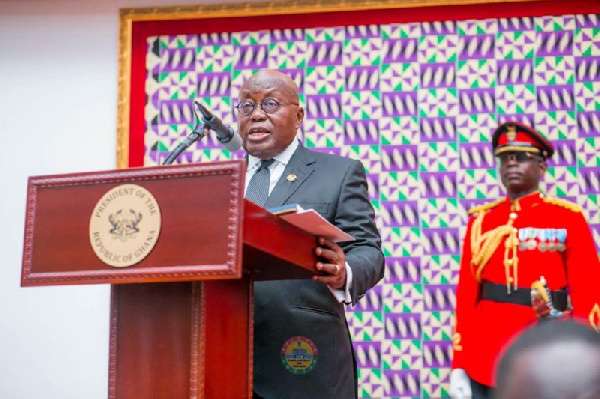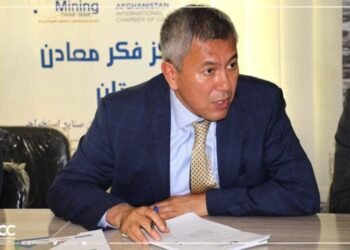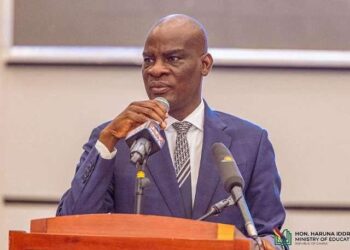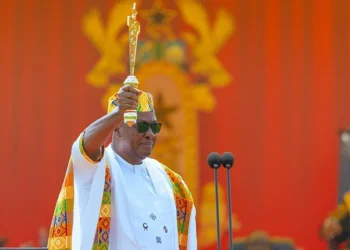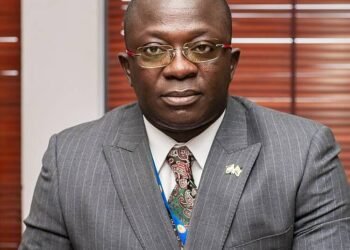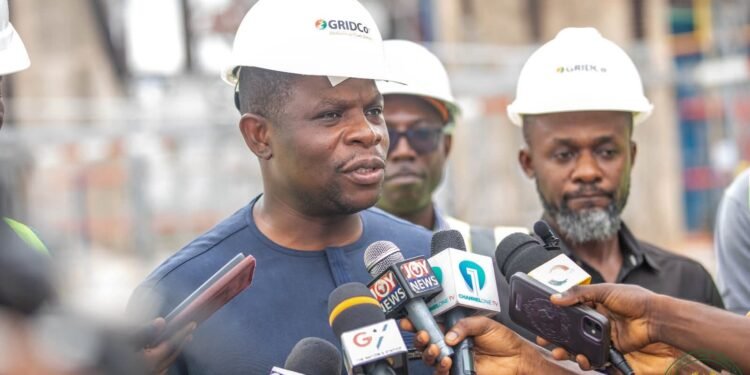President Nana Addo Dankwa Akufo-Addo is set to deliver to Parliament today, Tuesday, February 27, 2024, the State of the Nation Address.
The exercise is in accordance with Article 67 of the 1992 Constitution of the Republic of Ghana, which requires the President to brief Parliament on the State of the Nation.
“The President shall, at the beginning of each session of Parliament and before a dissolution of Parliament, deliver to Parliament a message on the state of the nation”.
Article 67 , 1992 Constitution of Ghana
The event is expected to be attended by key figures including the Vice President, both the First and the Second Ladies, the Chief Justice, Former Heads of State, Former Ministers of State, Ministers of State, members of the Diplomatic Corp, and some traditional and religious leaders among others.
The State of the Nation Address, which is often broadcast, shall serve as a means for President Akufo-Addo to inform the nation about the country’s present economic, political, and social condition.
Again, the address would afford President Akufo-Addo the opportunity to recount the accomplishments of his government since he assumed power in 2017, particularly over the year under review.
President Akufo-Addo is also expected to highlight some of his administration’s proposed plans and programs that he is yet to embark upon until the end of his second term on January 7, 2025.
The President’s address is expected to touch on all sectors of the country, especially the country’s economy and finances amidst the country’s program under the International Monetary Fund (IMF).
Other critical issues that the President’s State of the Nation Address is likely to touch on include the issues of unemployment, food inflation, education, health, national security, and road infrastructure among a host of others.
Ghanaians React To President Akufo-Addo’s State Of The Nation Address
Meanwhile, the Ghana Union of Traders Association (GUTA) has called on President Nana Addo Dankwa Akufo-Addo to detail plans for stabilizing the local currency in his upcoming 2024 State of the Nation Address.
The President, of the Ghana Union of Traders Association Dr Joseph Obeng, explaining the expectations of his group, expressed deep concerns about the high increasing rate of foreign businesses in the various trading sectors of the country and called for measures from the government to control the situation.
Dr Obeng further recounted that most foreign businesses repatriate the proceeds of their investment to their home countries, a situation according to him is responsible for the depreciation of the country’s currency.
“When it comes to trading it will surprise you to know that the Chinese, China Town, China Mall, and all that have taken about 40% of the market for the trading sector. So, what have we to show again?
“So, we must start thinking about how we can give the commanding heights as promised by our forefathers to the Ghanaian indigenes”.
Dr Joseph Obeng
Moreover, Dr Obeng underscored the need for President Akufo-Addo to outline measures that would provide some additional incentives that would boost local businesses in the country.
However, a group of some labor unions in the country have expressed doubts about any positive impact President Akufo-Addo’s State of the Nation Address could have on the country’s ailing economy.
The unions include the Ghana Agricultural Workers Union (GAWU), the National Association of Graduate Teachers (NAGRAT), and the Ghana National Association of Teachers (GNAT).
Mr Angel Carbonu, the President of the National Association of Graduate Teachers in his view, decried the excruciating hardship in the country coupled with high unemployment in the country and stated that the income of workers is no longer sustainable, particularly due to the high inflation in the country.
As anticipation builds for President Akufo-Addo’s State of the Nation Address, many Ghanaians eagerly await the President’s insights and pronouncements that will shape the nation’s trajectory in the coming months.
READ ALSO: EduWatch Bemoans The Declining Rate Of Education Financing In Ghana

